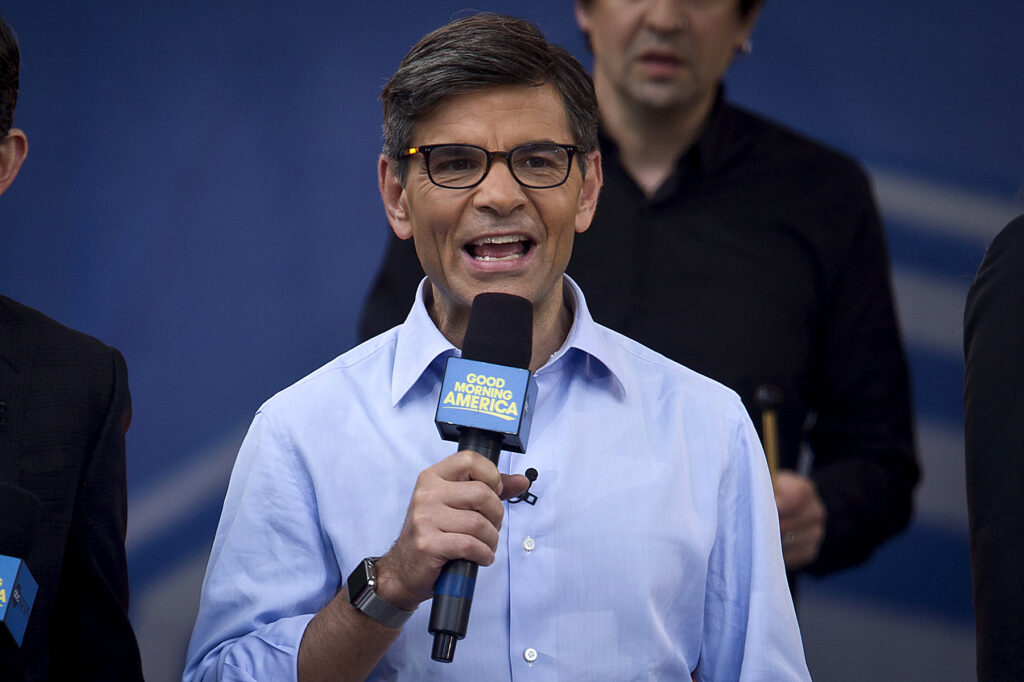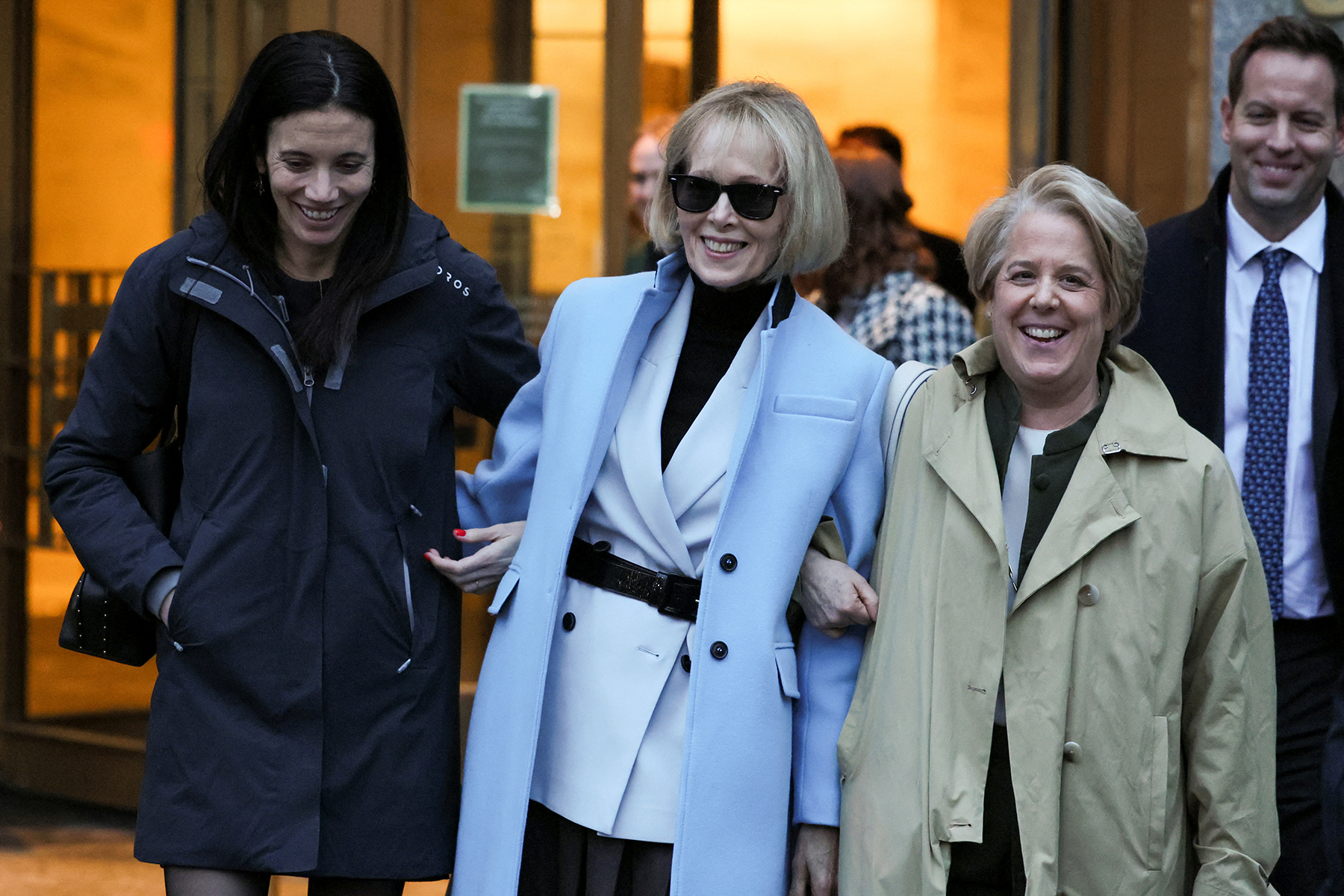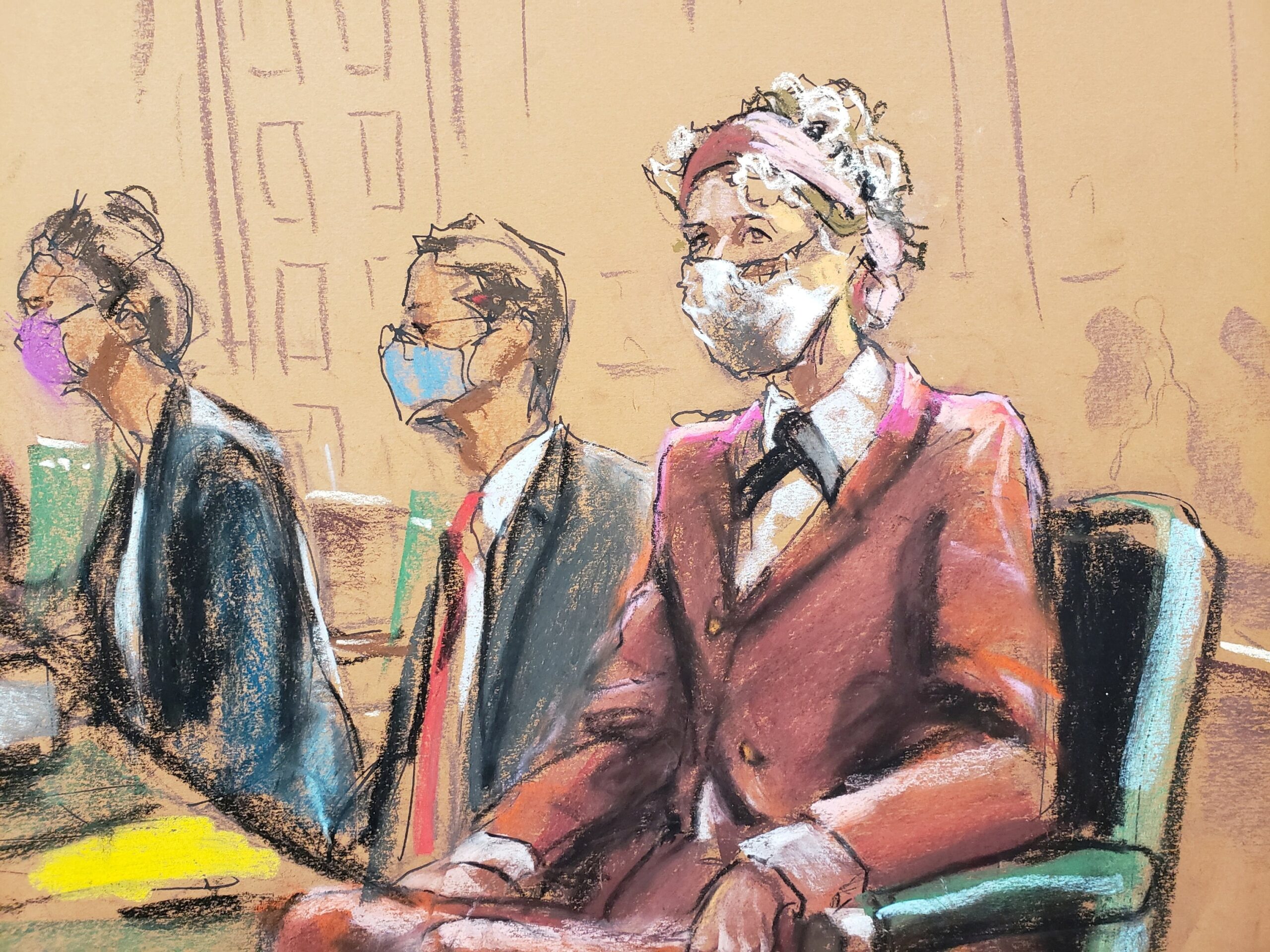In his latest defamation lawsuit against the press, Donald Trump sued ABC, ABC News and host George Stephanopoulos in March, claiming Stephanopoulos uttered defamatory statements in an interview discussing the former president’s liability in the E. Jean Carroll civil rape and defamation trials.
In a March 10 interview with South Carolina Republican Rep. Nancy Mace, Stephanopoulos questioned Mace’s endorsement of Trump despite two juries awarding Carroll a total of $88.3 million in damages after finding him liable for sexual abuse and defamation.
During the interview, Stephanopoulos repeatedly stated that Trump had been found liable for “rape.” When Mace disputed that characterization, saying that he had specifically been found liable for “sexual abuse,” Stephanopoulos doubled-down on the claim, referencing an August 2023 court filing in which the federal judge who oversaw both trials wrote that Trump did “rape” Carroll “as that term commonly is used and understood.”
“In fact, it has been shown to be rape,” Stephanopoulos said. “The judge affirmed that it was, in fact, rape. Donald Trump was found to have committed rape. That’s just a fact.”
Trump’s lawsuit argues that Stephanpolous’ statements were “false, intentional, malicious and designed to cause harm.” ABC News declined to comment.
The lawsuit accuses Stephanopoulos of acting with actual malice, a standard established by the 1964 Supreme Court decision in New York Times v. Sullivan, in which the court held that public officials and public figures can’t prevail in a defamation suit without proving that a statement was false and that, in addition, it was made “with knowledge that it was false or with reckless disregard of whether it was false or not.” In subsequent cases, the court defined reckless disregard as entertaining serious doubts as to truth or having a high degree of awareness of probable falsity.
First Amendment Watch spoke with George Freeman, executive director of the Media Law Resource Center and former assistant general counsel of The New York Times, about the lawsuit. Freeman noted how this suit is different from others filed by the former president against the press and discussed the legal hurdles posed by Trump’s reputation of making derogatory remarks about women.
Editor’s note: This interview has been edited and condensed for length and clarity.
FAW: What was your reaction to the news of Trump filing suit against Stephanopoulos and ABC?
GF: Trump has a history of filing totally inane lawsuits not because he wants to win, but just because he wants to cause pain and get attention and make his adversaries spend money. I wouldn’t classify this like most of those others, because in this one, he at least has a colorable argument. So that was my first impression.
FAW: Do you think that Stephanopoulos’ use of “rape” instead of “sexual abuse” in the interview could constitute an intentional or reckless falsehood?
GF: That depends totally on what discovery will show and what Stephanopoulos knew or didn’t know, or how carefully he prepared for his interview. I have no idea, but I assume that discovery will lend some information about that.
FAW: In an August 2023 filing, Judge Lewis Kaplan wrote, “Mr. Trump in fact did ‘rape’ Ms. Carroll as that term commonly is used and understood.” Does that ruling create a major hurdle for Trump and his legal team?
GF: Absolutely, I think that’s the best single piece of arguments that ABC has. I mean, that’s the argument clearly that they would use as their primary argument, but the fact that a federal judge said it in so many words, and so directly, certainly is of great assistance to them.
FAW: In what way would you expect Trump to prove that Stephanopoulos harmed his reputation to meet the defamation standard? Given Trump’s Access Hollywood tape, plus the allegations from Stormy Daniels, E. Jean Carroll and other women, is his reputation regarding treatment of women already so poor that he will not be able to prove harm to his reputation in this case?
GF: That’s a great question. I was going to add that to our discussion. So the fact that you brought it up just shows how integral his background and his lack of reputation is, because I think it definitely will be an additional stumbling block that most plaintiffs don’t have to face. I think the Access Hollywood tape, I mean, it doesn’t quite go so far as to say that he typically rapes women. But it makes suggestions about his character that I think would make any recovery in this case additionally problematic, because, as I said, most plaintiffs don’t have to deal with that issue. In this case [of the Access Hollywood tape], he’s saying it himself. And that’s far more valuable in a trial than you just have witnesses, he would place doubt on their credibility, but when he’s on tape saying it himself, there’s not so much question about it.
FAW: This is another in a long list of lawsuits that Trump has filed against the media for defamation. He has not won any of them. In your judgment, do these lawsuits look motivated more by politics than by a legitimate chance to win a defamation suit?
GF: Everything Trump does is motivated by politics and by ego. And this is no exception. But I would say that this one is an at least somewhat credible or plausible case, as opposed to almost all the others which are inane.
FAW: And what about this case do you believe to be the most plausible or credible?
GF: Well, the fact that the jury found that he was not guilty of rape, so under criminal law, you didn’t commit rape, at least according to the jury, he committed sexual assault. The difference being between a singer or a pianist, now how much difference you want to place in that is, I guess, up to the jury, right as to whether it’s substantially true and whether you could all classify it as the judge said in common parlance to be essentially the same. But the New York criminal law does distinguish it, so that gives him a leg to stand on.
FAW: Looking at your database of defamation suits over time, what patterns do you see?
GF: I think in the last 10 years, there have been a lot of suits that have been filed, either for political reasons or as a result of Trump’s bloviation against the media. I think that that has caused an environment in which lawsuits against the media are far more prevalent.
FAW: Do you think Trump’s strategy has emboldened others to sue the press more aggressively? Have you seen that in your practice?
GF: I think the answer is yes.
More on First Amendment Watch:




